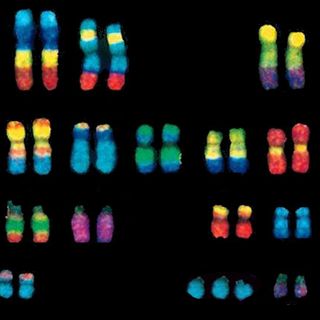An ovarian cancer test using samples collected during the standard Pap smear has been developed by researchers at the University of Minnesota Medical School, U.S. The discovery, while nascent, offers hope for early detection of one of the most common, difficult to diagnose, and deadly cancers to affect women.
Ovarian cancer “is known as a ‘silent killer’ since women with early stages of ovarian cancer have symptoms that can often be confused with other ailments. Women are typically diagnosed when the cancer has progressed so far that other organs are involved, requiring major surgery and chemotherapy,” Professor Amy Skubitz, PhD, a senior author of the paper outlining the discovery and director of the Ovarian Cancer Early Detection Program at the U of M Medical School, said in a statement.
Related on The Swaddle:
When Menopause Masks Ovarian Cancer, Vital Treatment Gets Delayed
Currently, 60% of ovarian cancers are diagnosed in stage 3, when the cancer has spread to other tissues. Currently, an ovarian cancer diagnosis might involve a pelvic exam, imaging, blood tests, and surgical biopsy. Women diagnosed at stage 3 have a five-year survival rate of 39%. An easy method of early detection for ovarian cancer would allow more cases to be diagnosed before the cancer has spread so extensively, thus increasing chances of survival.
Skubitz and team identified potential biomarkers for ovarian cancer by matching more than 2,000 proteins present in swab samples taken during a Pap smear to proteins found in tumors of a woman with high-grade serous ovarian cancer. The Pap smear, also known as a Pap test, is a test for cervical cancer, another leading but less deadly cancer among women. Experts currently recommend women undergo a Pap smear annually.
“This study is proof of concept that these biospecimens, the Pap test and a swab of the cervix, could be developed for use in the detection of ovarian cancer biomarkers prior to surgery, but it does warrant further investigation,” Skubitz said.
Skubitz added that should future research confirm this test as a viable means to diagnose ovarian cancer, it could translate into a self-administered at-home version wherein women could collect their own vaginal swab samples and send them to a lab for analysis. This holds great potential for women in India, where access to quality health care is often a struggle and where acceptance and prevalence of doctor-administered Pap tests is low.




